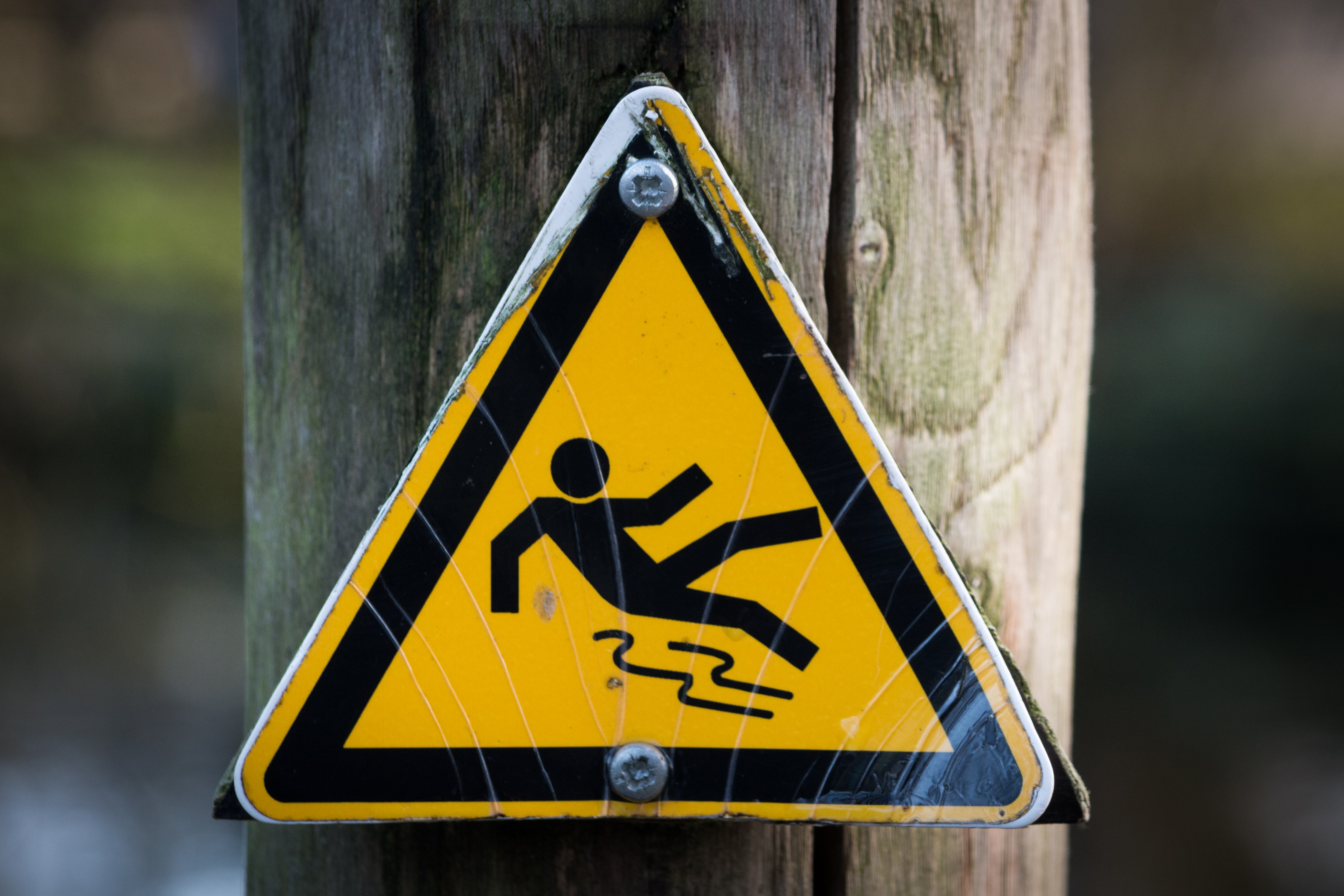News and Updates
Month: January 2023
How the Spending Bill & Other New Laws Could Impact Your Business
Secure Act 2.0 Narrowly missing our December newsletter, the SECURE Act 2.0 (SA2) was included in the $1.7 trillion omnibus spending package signed into law on 12/29/22. If the acronym for the long-winded “Setting Every Community Up for Retirement Enhancement” sounds familiar, that’s because it’s an expansion of 2019’s SECURE Act. The 2.0 version contains laws intended to provide incentives to both employers and employees to grow retirement plans, and hopefully shore up savings for late starters or those whose retirement funds may have suffered losses in the market over the last couple of years. Unless otherwise noted, these changes will be effective January 1, 2024. Here are some of the high points on requirements: SA2 broadens eligibility for some small businesses to qualify for a credit that would cover the administrative costs of setting up a workplace retirement plan. Beginning in 2025, employers with retirement plans will be required to auto-enroll employees once eligible, at a minimum of 3% of the employee’s wages (no more than 10%) and will be increased by 1% each year (also no more than 10%). Employees can opt out of this automated enrollment if they choose. Catch-up limits: We talked about the initial changes back in December, but the SA2 will allow a second increase to participants ages 60, 61, 62, and 63 – effective plan years 2024 and later. Most plans will have a limit of a $10,000 catch-up, whereas simple plans wil
Avoiding Slips, Trips & Falls
Slips, trips, and falls continue to be a leading cause of emergency room visits for many workers in the state of Ohio, and nationwide. Some common slip, trip, and fall injuries include: • Fractured Bones • Lacerations • Strains/Sprains • Back injury • Head injury/brain trauma Causes of Slips, Trips, and Falls Some common causes of these injuries include: • Wet or oily surfaces • Weather hazards including rain, snow, and ice • Loose mats and rugs • Walking surfaces that are not level • Obstructed views • Poor lighting • Clutter • Uncovered wires and cables Preventing Slips, Trips, and Falls There are several ways that employers can help prevent these types of incidents and keep worksites safer. The simplest way is to practice good housekeeping throughout your facility. Other options include wearing slip-resistant shoes, using caution when walking on uneven surfaces, as well as surfaces that may be slippery or wet. Good Housekeeping Tips Good workplace housekeeping is an easy way to prevent most slips, trips, and falls, and it’s often overlooked. Simply cleaning up your work area as you go can help on the job site. Examples of good housekeeping
Handicaps in Ohio Workers' Comp
When our team meets with prospective clients, we provide an in-depth analysis of their Ohio BWC policy. This allows us to show them how things got to where they are, where they’re headed, and if any of the damage done can be mitigated in some way. By the time we review the claims, it’s sometimes too late to un-ring most of those bells. However, one of the key items we focus on for our clients (especially new ones) is handicap potential. Ohio BWC has a list of pre-existing conditions that would delay a claimant’s recovery following a work-related injury. While some maladies on the list are rare in claimants, the top four are fairly common. If you have a lost time claim in your experience, it’s worth looking into. Here’s an example of what it could look like: Employee files a workers’ compensation claim that causes a 30% increase in premiums (once it enters the experience), to the tune of $20,000 additional each year for four years. Without a handicap, this claim is projected to cost the employer $80,000 in additional premium. Spooner locates medical evidence to indicate a pre-existing condition that qualifies for a handicap, and obtains a handicap at 30% from BWC. Employers receive a benefit from the handicap in either reduced premium payments in the future, or will receive a refund check from the BWC for overpaid premium - depending on when the handicap is granted by the BWC and how far along the claim is in the




